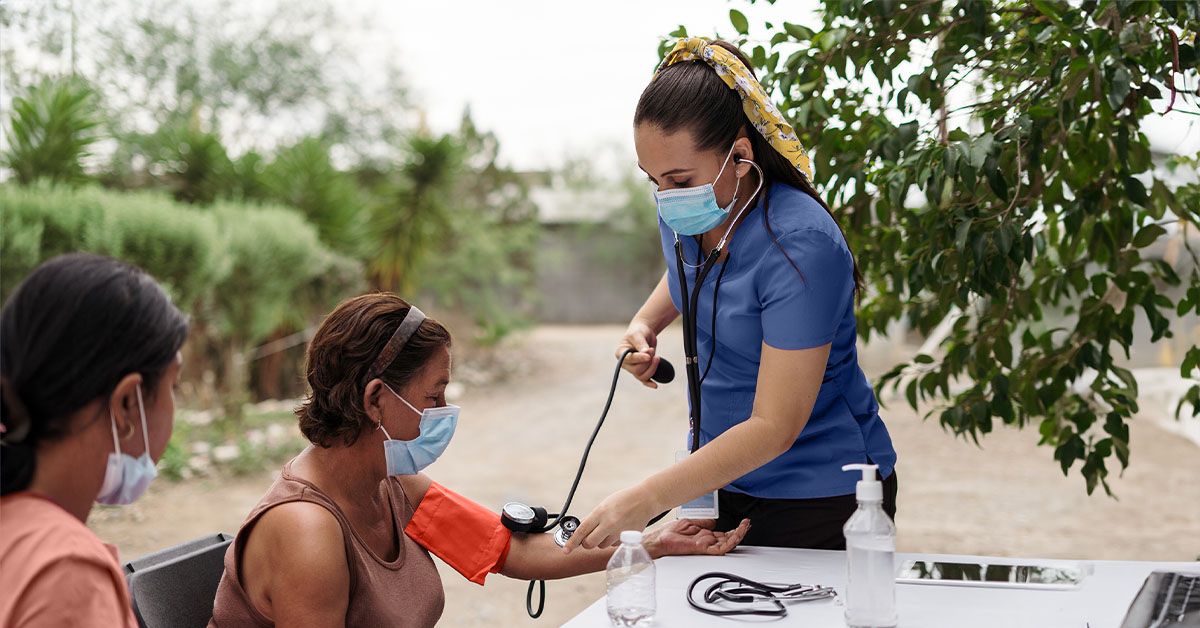MRI scans have been found to be a more accurate diagnostic tool in detecting heart disease in women compared to other methods such as echocardiography. Researchers at the Universities of East Anglia, Sheffield, and Leeds conducted a study and found that MRI scans can accurately detect heart failure in women. By analyzing the records of 835 participants from the ASPIRE registry, they discovered that MRI scans provided more accurate images than using a catheter to measure heart pressure. This finding could lead to earlier detection and more precise diagnosis of heart disease in women.
Dr. Richard Wright, a cardiologist at Providence Saint John’s Health Center, believes that the ability to measure heart pressure without a catheter would be a significant advancement in the field. Currently, clinicians rely on clinical examinations and echocardiograms to detect heart disease. However, these methods can often be inaccurate or unclear in their results. As a last resort, a catheter can be inserted into the heart to measure pressure, but this invasive method comes with risks. The use of MRI scans as a noninvasive test for heart disease could revolutionize the diagnostic process for women.
Dr. Pankaj Garg, a consultant clinical associate professor at Norwich Medical School and lead author of the study, explained that their research focused on improving the accuracy of diagnosing heart failure in women specifically. Women’s hearts are biologically different from men’s, as they are smaller and have narrower blood vessels. This can lead to unique challenges in both diagnosis and treatment of heart failure in women. It is important to be aware of these differences to ensure that women receive the best possible care for their hearts.
Despite the benefits of using MRI scans for detecting heart disease in women, there are some obstacles that prevent them from being used regularly. For example, some patients find it uncomfortable to be in an MRI scanner, while others may have physical limitations that make it impossible. Additionally, using MRI scanning is expensive, and not all hospitals have the equipment or expertise to perform a heart MRI. However, as technology advances, the use of MRI scans in diagnosing heart disease in women may become more widespread in the future.
Dr. Cheng-Han Chen, an interventional cardiologist at MemorialCare Saddleback Medical Center, believes that the use of MRI scans could be particularly beneficial for diagnosing diastolic heart failure in women. This type of heart failure is more difficult to diagnose, and MRI scans could provide more accurate results. Chen also highlighted the need for specific radiologists to interpret the MRI results accurately, as their availability may be limited. Despite these challenges, the advancement of MRI technology could significantly improve the diagnosis and treatment of heart disease in women.
In conclusion, MRI scans have shown promise in detecting heart disease in women with more accuracy compared to other diagnostic tools. While there are obstacles that hinder their widespread use, advancements in technology and expertise may overcome these challenges in the future. Understanding the biological differences in women’s hearts and tailoring diagnostic methods to their specific needs could lead to better outcomes and care for women with heart disease. It is crucial for healthcare providers to be aware of these differences and utilize advanced technologies like MRI scans to improve the diagnosis and treatment of heart disease in women.










